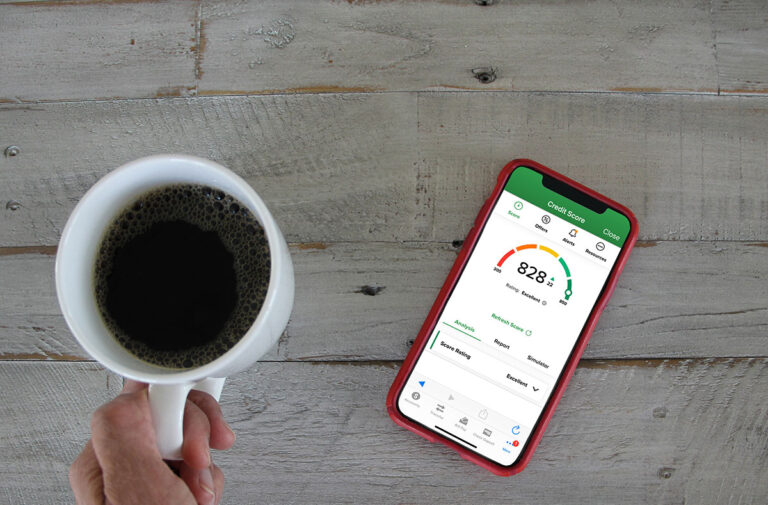Do you want to quickly build wealth and take control of your finances? Then there’s no better place to start than with learning how to save money. Not only will learning how to save money give you a sense of control and stability, but it will also help you prepare for the future.
So, if you’re ready to take charge of your finances, keep reading for some valuable money-saving tips that can make a big difference in your life.
Looking for a Personal Loan?
Explore your options today!
12 Tips For How to Save Money
1. Set Savings Goals
Establish specific and realistic savings goals to stay motivated. Whether it’s building an emergency fund or paying off debt, having clear objectives can help you prioritize your financial efforts.
2. Track Spending
Cash flow monitoring involves tracking income and expenses on a monthly basis. Use budgeting apps to simplify the process and gain insights into your spending habits.
3. Restrict Online Shopping
To curb impulse buying, make online shopping less convenient. Avoid saving billing information, forcing yourself to input shipping details and credit card numbers for each purchase.
4. Coupons
There are many ways to save money on your shopping, and coupons can help you get the most out of your money. They can even give you free items, a cheap bundle, or a discounted subscription plan.
Here are some great places to find coupons:
- Grocery store ads / mailers
- Company websites
- Email / text message subscriptions
- Website browsers and apps
5. Negotiate Bills
Don’t be afraid to negotiate your bills. Whether it’s your cable bill, internet service, or even your credit card interest rates, there are often opportunities to lower your expenses.
Consider bundling services for discounts, and remember that consistency in bill negotiation can lead to significant savings over time.
Looking for a Personal Loan?
Explore your options today!
6. Cut Down on Dining Out
Eating at restaurants and ordering takeout can quickly add up. One of the simplest ways to save money is by reducing the frequency of dining out.
Try cooking at home more often; not only is it more cost-effective, but it can also be a fun and rewarding experience. You’ll have control over the ingredients and portion sizes, which can further contribute to your savings.
7. Automate Savings
Setting up automatic transfers from your checking account to a dedicated savings account can make saving money effortless.
When your savings are automated, you won’t forget or procrastinate, ensuring that a portion of your income goes towards your financial goals each month.
8. Buy Generic Brands
Consider opting for generic or store-brand products when shopping for groceries or household items.
These items are often just as good as name brands but come at a lower cost. You can save a substantial amount over time by making this simple switch.
9. Use Public Transportation or Carpool
If possible, reduce your reliance on your car. Public transportation or carpooling can significantly cut down on fuel and maintenance expenses.
Plus, it’s more environmentally friendly. Explore your options for commuting and see if there are practical alternatives to driving solo.
10. Review Subscriptions
Take a close look at your monthly subscriptions, such as streaming services, gym memberships, or magazines. Are you really getting value from all of them?
Consider canceling those you no longer use or need. This can free up extra cash that you can divert towards savings.
11. Sell Unused Items
Declutter your home while making some extra money by selling items you no longer need. Online marketplaces and local classifieds make it easy to find new homes for your unused possessions. The proceeds can be put into your savings account.
12. Comparison Shop
Before making significant purchases, invest time in comparison shopping. Look for the best deals, discounts, and promotions available. With a little research, you can ensure you’re getting the most value for your money.
Bottom Line - How To Save Money
These 12 money-saving tips offer a practical and accessible guide to improving your financial well-being. By setting clear savings goals, tracking your spending, and making small adjustments to your lifestyle, you can take control of your finances and prepare for a more secure future.
While these tips provide valuable advice, it’s essential to remember that financial decisions should align with your individual circumstances and goals.
By applying these strategies wisely and seeking additional financial knowledge, you can embark on a journey towards greater financial stability.
Frequently Asked Questions
Start by creating a budget to track your expenses and identify areas where you can cut costs. Even small savings can add up over time.
Yes, using coupons for groceries can lead to substantial savings, especially if you consistently use them for items you regularly purchase.
You can set up automatic transfers from your checking account to a dedicated savings account or use apps that round up your purchases and save the spare change.
Review your subscriptions regularly and assess whether you are actively using and benefiting from them. Cancel those that no longer provide value.
Consider building an emergency fund, paying off debt, or investing in long-term financial goals like retirement or education. Tailor your savings to your specific needs and priorities.












